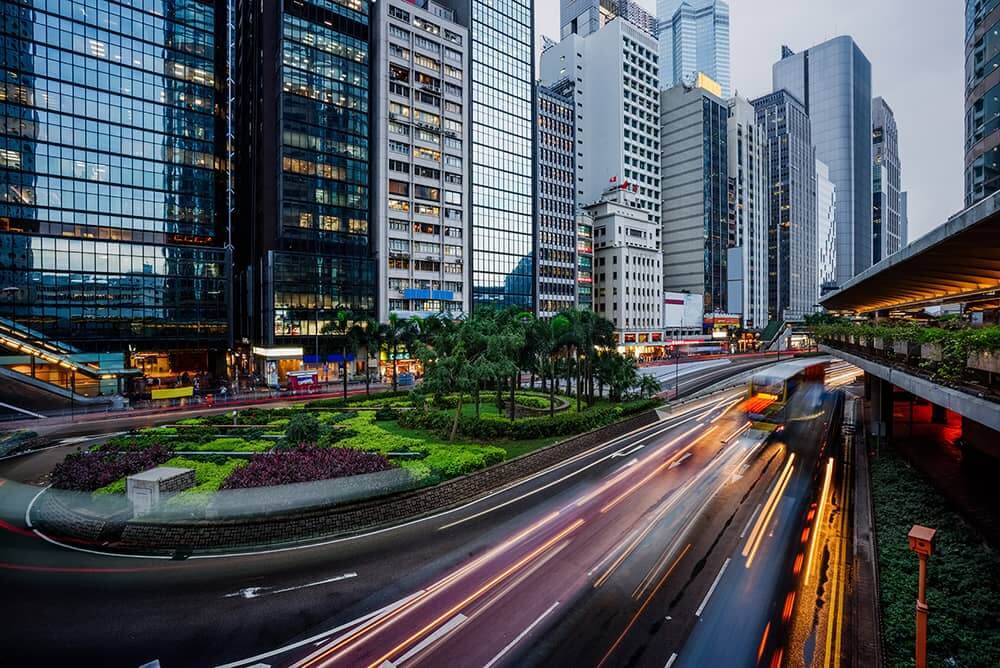
Reading Time: minutes
The COVID-19 pandemic has brought unprecedented effects on a global scale. As a response, the government has imposed nationwide and localized lockdowns that further put a dent on the country’s economic performance. Due to strict quarantine protocols and guidelines, companies quickly shifted to a remote working scheme that lasted for over three to four months, leaving offices and commercial spaces vacant and unused.
Working from home has become the new normal for most employees, especially for those under non-essential industries. The effects of COVID-19 on real estate did not only rattle the office market, but it also had a huge impact on retail, residential, hospitality, and other sectors under the industry. With the threats of the coronavirus still very present, many predict that this may continue as the public’s response may also have staying power—less travel, less dining out, and less in-person shopping.
As economies start to reopen, the government is focused in assisting local industries and easing the country’s unemployment rate which climbed record-high after the first two months of the lockdown. The Department of Finance launched a consolidated roadmap showcasing the Duterte Administration’s economic recovery plan. In the Philippine Program for Recovery with Equity and Solidarity (PH-PROGRESO), a four-point game plan primarily includes support for vulnerable groups and individuals, expanded medical resources to respond to the virus, finance emergency initiatives, and create more jobs and sustain growth.

However, some argue that in order to address a holistic recovery, governments should address a bigger economic problem—a lack of dynamism and flexibility. In a report by Forbes, many companies still enforce excessive regulation that reduces competition, productivity, and total output that was greatly compromised by the changes in work set up. Global economic advisers argue the importance of decentralizing economic and capital functions to less populated areas. Japan Times reported that this shift may revitalize economies, simplify crisis management, bring new life to regional centers, and manage pandemics better and more efficiently.
In the Philippines, decentralizing the economy would further accelerate rural development and give priority to other essential industries such as farming and fishery. This is also supported as multinational occupiers are looking to expand their business to untapped regional areas in the Philippines.
“They’re actively looking in provincial areas, a lot closer to where their employees live. They want their employees not to sit in transportation, not to take public transportation, to be able to get to the office very quickly,” said KMC Managing Director Michael McCullough at a previous webinar.
RELATED: The Rise of Hub and Spoke Office Model in the Philippines
Many also raise diverse perspectives on how cities can better respond to the current and future crises, focusing on the increasing demand for more work and life balance. More employees prefer working closer to home to limit their exposure to the virus and prioritize their health and well-being.

The push for decentralization of cities and the shift to townships is also supported by the argument that human density seems to be one of the crucial points of solving the global health crisis given that more populated cities have been hit harder by the pandemic. COVID-19 and the threats of another virus outbreak in the future have added to the fundamental considerations of urban planning and design, one that provides public spaces that can safely integrate work, play, and live.
RELATED: The Importance of Public Health in Communities
According to Michele Acuto, a professor of global urban politics in the School of Design at the University of Melbourne, decentralization of urban communities should also be a holistic approach, not only considering the economy of a country but also taking into account the environment and sustainability.
“COVID-19 puts a fundamental challenge to how we manage urbanization,” he told Bloomberg. “Rethinking density management is key for long-term survival in a pandemic world.”

